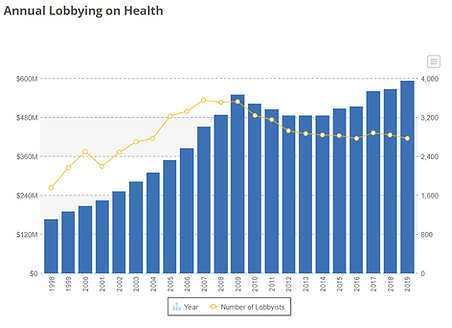
Episode 3: Political Feasibility
Stacey and Jake are joined by Professor John McDonough.
After listening to Episode 3: Political Feasibility, we hope listeners have a better understanding of the political currency and plan required to pass hallmark legislation like Medicare For All. John will share his experience and knowledge with listeners and introduce an alternative legislative process to get non-Medicare For All healthcare legislation passed and implemented to improve health outcomes in the U.S. He will discuss major pain points for healthcare consumers and list influential healthcare stakeholders.
A summary of Episode 3: Political Feasibility and additional learnings can be found down below.
Thank you for joining us!
Our Guest
John McDonough (DrPH, MPA)
Professor of the Practice of Public Health, Director of Executive and Continuing Professional Education, Department of Health Policy and Management
John E. McDonough, DrPH, MPA is Professor of Public Health Practice in the Department of Health Policy & Management at the Harvard T.H. Chan School of Public Health and Director of Executive and Continuing Professional Education.
Between 2003 and 2008, he served as Executive Director of Health Care for All, Massachusetts’ leading consumer health advocacy organization, where he played a key role in passage and implementation of the 2006 Massachusetts health reform law. Between 1998 and 2003, he was an Associate Professor at the Heller School at Brandeis University and a Senior Associate at the Schneider Institute for Health Policy. From 1985 to 1997, he served as a member of the Massachusetts House of Representatives where he co-chaired the Joint Committee on Health Care.
To learn more about Professor John McDonough, please visit the Harvard T.H. Chan Department of Health Policy and Management Faculty page.
Summary
John starts off our conversation by differentiating incremental and comprehensive health reform. He mentions efforts by Presidents Truman, Nixon, and Clinton to pass comprehensive healthcare reform. Incremental healthcare changes, which include expansion of health insurance to the elderly, low-income, children, pregnant mothers, and individuals and families not eligible for public programs and unable to afford private insurance. These incremental changes, Medicare, Medicaid, Children's Health Insurance Program (CHIP), and the Affordable Care Act (ACA), are now intertwined into the U.S. healthcare DNA. John believes that with smart and effective leadership helped incremental legislation pass.
John identifies multiple challenges to healthcare reform. In addition to the President's leadership, the political clout of the President wanes with every day in Office - they become less and less effective at passing major legislation. Political clout is also perceived and given to the President by two important stakeholders: the Public and the Congress. John points out that the Public is often wary of major changes and that major legislation requires 60 out of 100 votes in the Senate to pass. 60 votes is a massive undertaking - the last time either party held 60 votes in the Senate was 1975-1979 (Democrats) under Presidents Gerald Ford and Jimmy Carter. In recent memory, President Obama has been the closest to the 60 vote marker with 58 Democratic senators and 2 Independent (liberal) senators allowing him to pass the ACA (60 votes).
While it is difficult to pass both incremental and comprehensive healthcare legislation, John refers to the Budget Reconciliation Process that can be used to improve the current healthcare experience for consumers. Through this process, some of the pain points that healthcare consumers experience in the U.S. can be addressed. John refers to rising premiums, unaffordable cost-sharing (deductibles, copays, co-insurances), prescription drug prices, and surprise billing.
Lastly, we would be remiss to not list the industries that play major roles in healthcare policy-making and lobbying. Nearly $600,000,000 million dollars was spent on healthcare lobbying in 2019. The majority of lobbying dollars were spent by the Pharmaceutical Industry/Health Products (~$300,000,000), Hospitals/Nursing Homes (~$110,000,000), Health Professionals (~$100,000,000), and Health Insurers (~$90,000,000). These numbers do not show how the money was spent but does demonstrate the fierce amount of money that is spent on lobbying.
For more information (and the source) on healthcare lobbying - visit opensecrets.org


